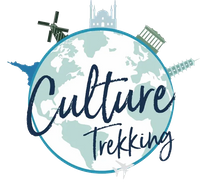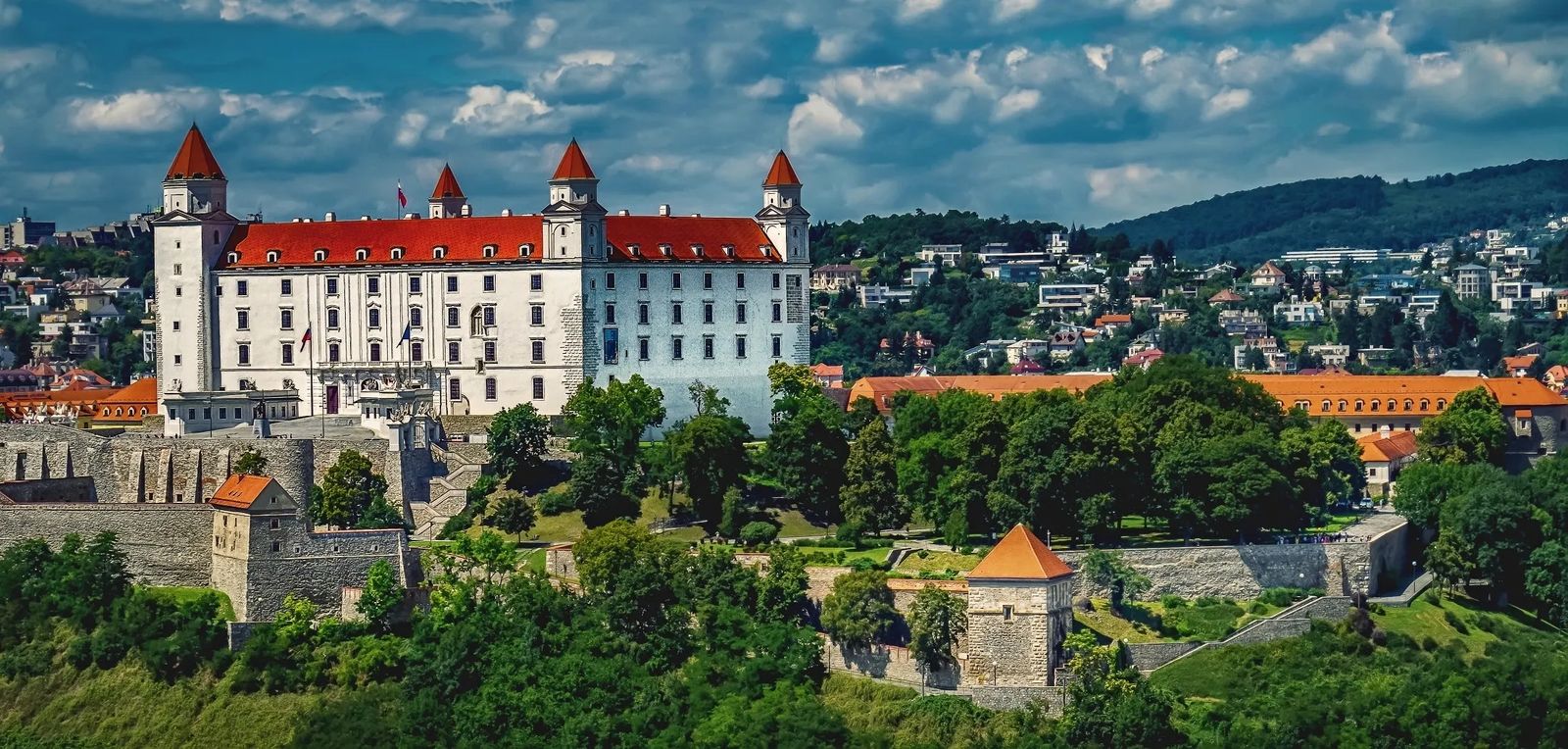
Things To See in Slovakia (from a local)
One of the most fascinating things for me while traveling, is to be able to interview locals from around the world. I grew up in a very sheltered community, and so hearing the stories about how the rest of the world works and lives has always interested me. One of the interviews I was able to do, was with Alexandra, a gal I met on the train from Prague to Berlin who was from Slovakia studying German.
Tips for Traveling Through Slovakia
Me: How would the people in Slovakia describe themselves?
Alexandra: I may be biased but on the whole, Slovakia people are very kind.
Me: Do you that your culture and traditions have changed in any way in the last 10 years?
Alexandra: The cities are more progressive, but Slovakia has changed quite a bit. It use to be a communist nation you know, now it is more westernized. It is still quite conservative in the way that they think because many are Christian.
Me: How can we as tourists and visitors help to maintain your culture?
Alexandra: Try the local things, tourists tend to buy things that are made in China. Try and buy things that are made by the people within the country because they are very unique and will support them.
Me: What are some festivals that you think are worthwhile for people to visit? What about the towns are not well known?
Alexandra: Every region has a special thing that they do. The fall season is a lot of wine festivals. There is a lot of folklore and dancing festivals, more of the cultural festivals where the people all come together to celebrate. There are not many people who can do the traditional dances anymore so this is very important to support.
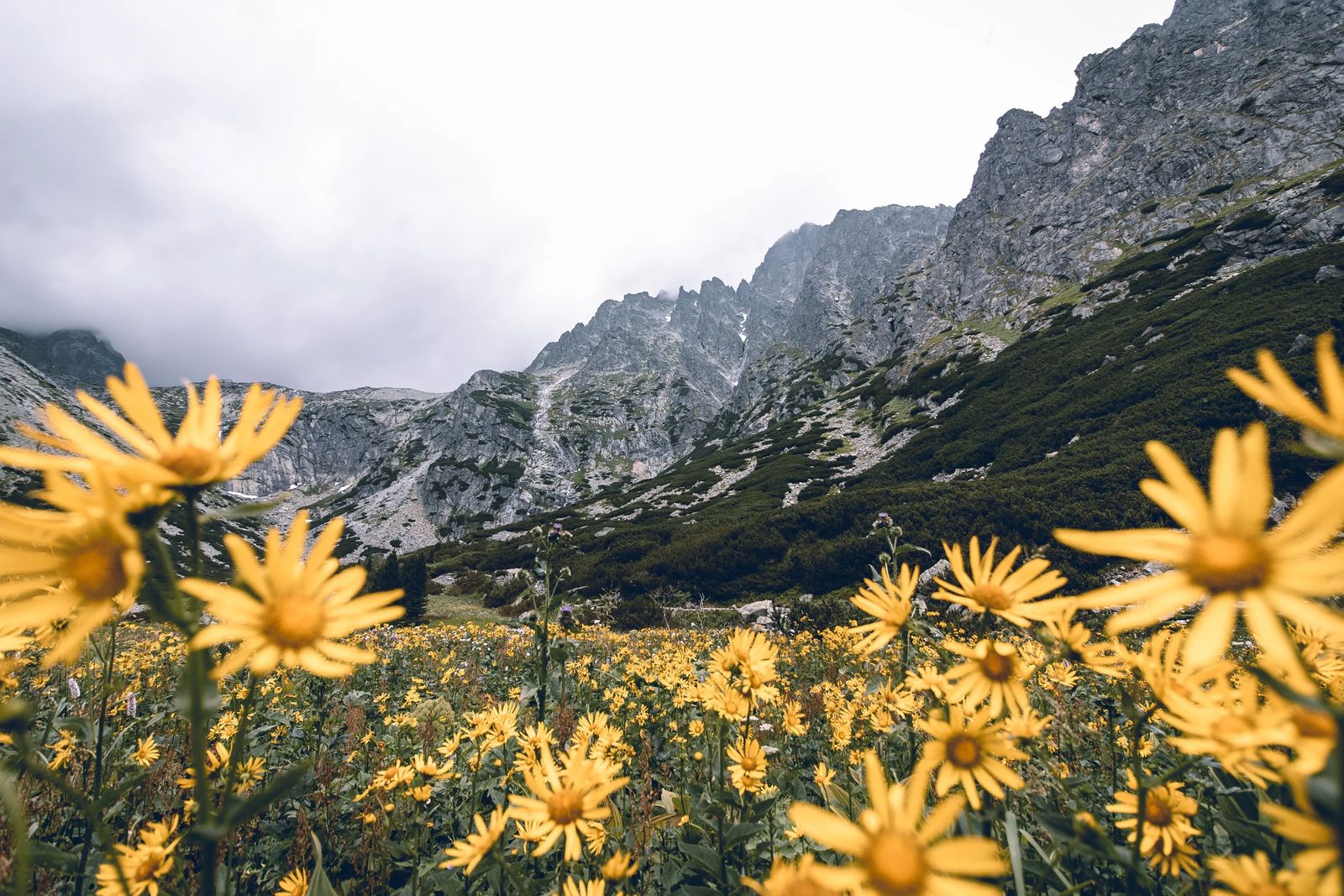
Me: What are the biggest tourist traps in Slovakia?
Alexandra: People only visit Bratislava because it is so close to Vienna. I would say nature is better. You should visit the High Tatras in Slovakia, it used to be covered in Icebergs and now it is the most beautiful lakes and mountains.
Me: What is the best transportation method in Slovakia?
Alexandra: Train travel and bus, but a train is better I think.
Me: What would you pay for a cab from the airport to the city center?
Alexandra: 2.50 to 3.50 Euros around the whole city, it is a standard rate.
Me: Do you trust Uber in Slovakia?
Alexandra: No, but the buses are ok. They tend to come every 7 minutes.
Me: Do people commonly show affection for their significant other in public spaces?
Alexandra: The older generation still does not like it, and will give you a funny look. But the Younger generation does not care.
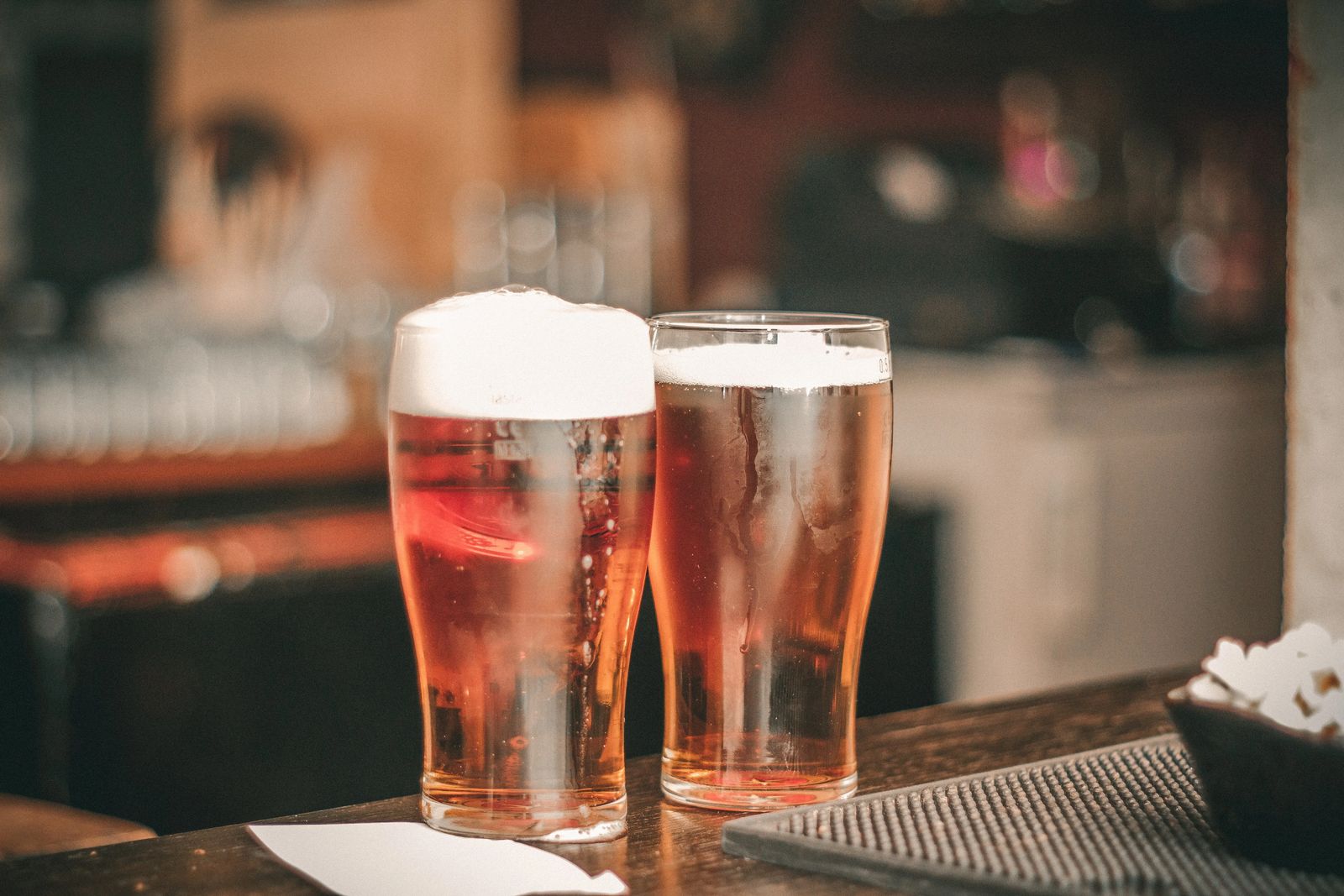
Me: What is a good beer?
Alexandra: I would say Saris, but it really depends on the region that you are in.
Me: Can you give me some useful words all the tourists or those recently moved there should know?
Alexandra:
Thank You = Dakujem (sounds like - jakuwee-em with a soft D)
Please = Prosim (sounds like - Proseeem)
Hello = Ahoy
Me: What do people commonly eat for the different meals?
Alexandra: Breakfast we have some bread with ham and cheese. Lunch we eat our soup first and the second dish is meat with rice or potatoes and some salad. Dinner is typically a quick meal at home with your family.
Me: Can you buy alcohol from a store and how old do you have to be?
Alexandra: You have to be at least 18 years old, and you can buy it from any store.
Me: How do you tip?
Alexandra: There is typically a box for a tip, you can use that to tip as you like. If you do not tip, they do not get mad. At a restaurant, you just tip at the end.
Me: How do you know if the service at a restaurant is good?
Alexandra: If it takes more than 30 minutes to get your meal, it is too much. If they cook it fresh, then it is ok for it to take more than 30 minutes because it is going to taste better.
Me: Do they charge for the table at a restaurant to just sit down?
Alexandra: No do they do not charge to sit at a table.
Me: What is the common language that menus are in?
Alexandra: In Slovakian, but you can just ask for an English Menu. They have both.
Me: What are the numbers you should call if you are in trouble?
Alexandra: 112 for the emergency operator, 155 for an ambulance, 158 for Police, and 150 for a firefighter.
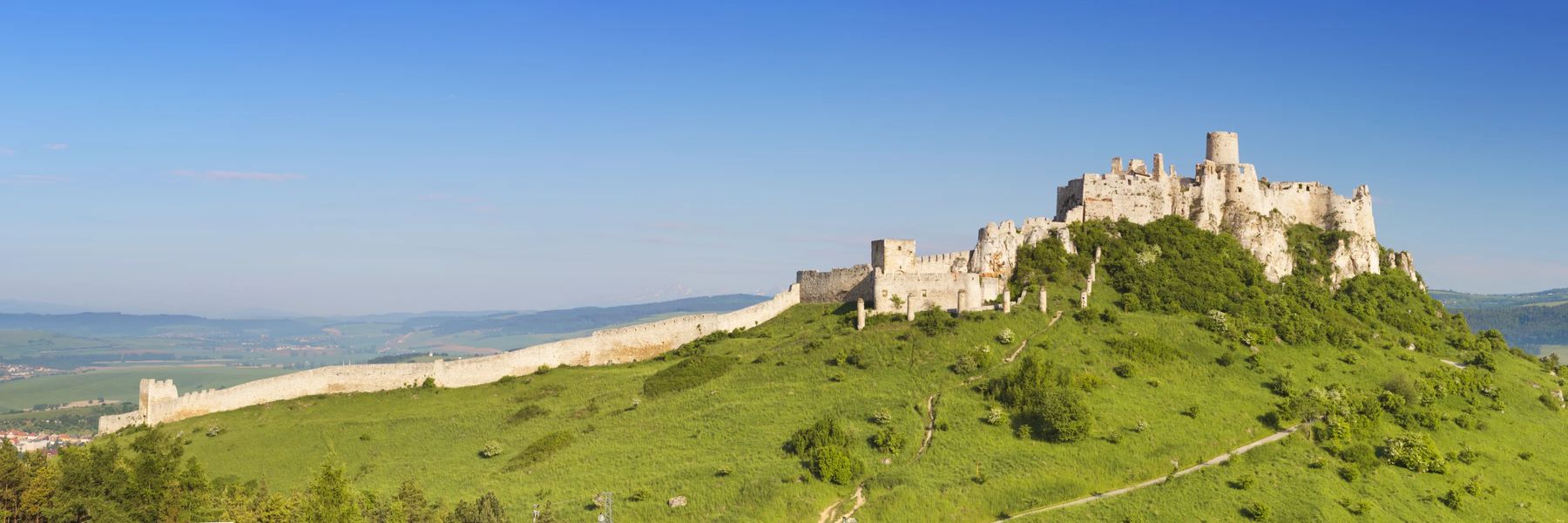
School in Slovakia
Me: What are the school systems like here?
Alexandra: It is a Grade system. You have to go from 6 to 16 years old. Primary school is first and covers the first 9 years and is focused on all subjects. Then you can decide to go to gymnasium a more theoretical preparation for college. You can also go to a specialized school like electro-technical. You can be more practical for going straight to work then go to University.
Me: Does it cost anything to go to lower level schooling?
Alexandra: State school does not cost anything, neither does private school.
Me: How do you advance grades?
Alexandra: You must take small tests throughout the year, but at the end of the year you take an exam that is graded from one to five. If you have a four or a five then you can pass to the next grade.
Me: Do you have access to higher education? What is required to enter into higher education?
Alexandra: To be able to go to a university, you have to pass a test to get into it, but this is not at all universities, only some of them. Some universities are paid for how many people study there and then they weed the students out of the university throughout the year.
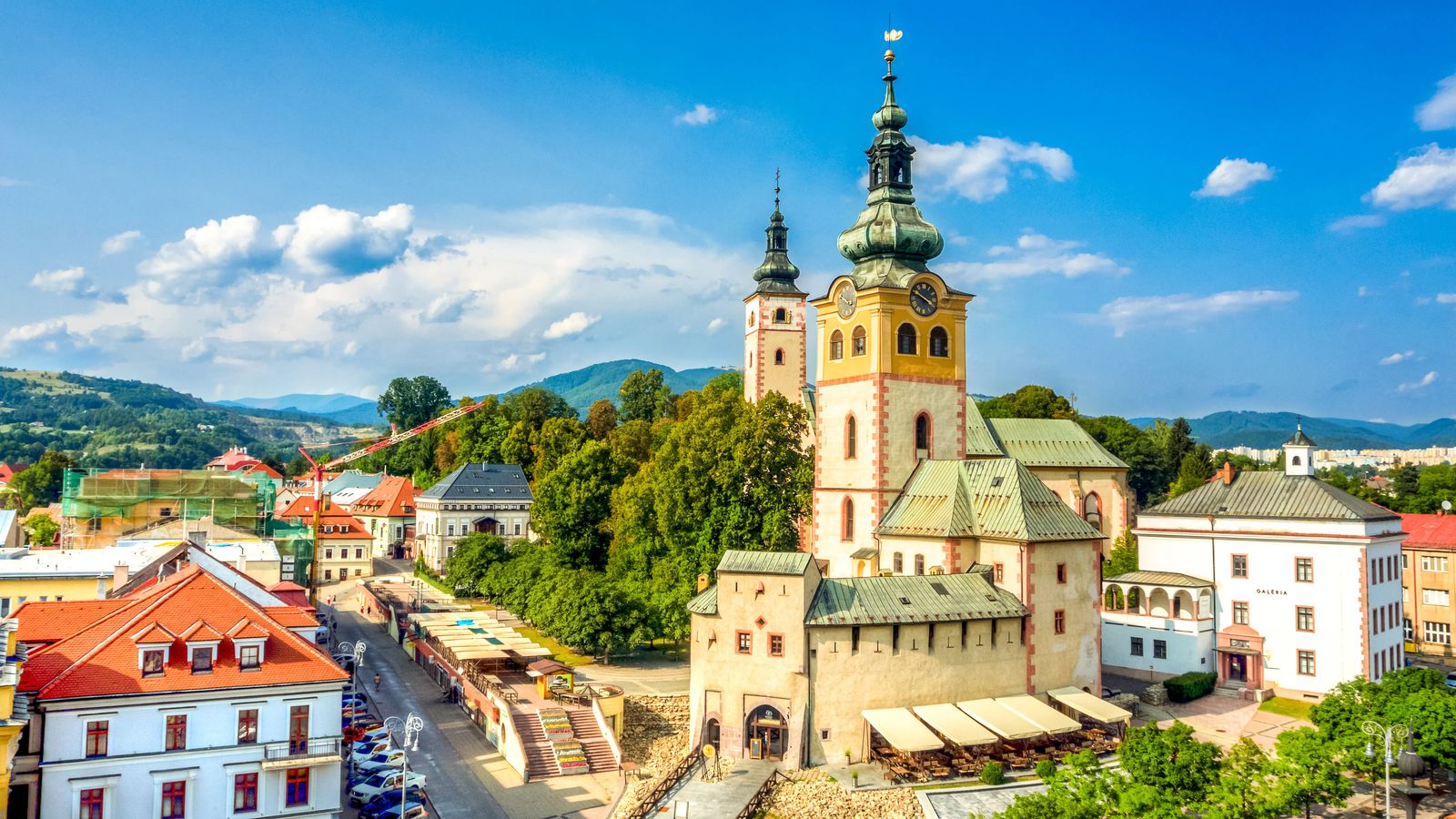
The Family in Slovakia
Me: How does the family unit function in Slovakia?
Alexandra: Family, in general, is very important for Slovakia. Dinner is typically eaten together, and then unless you are away on a weekend, lunch is often more important than dinner.
Me: Who is in charge of the family, or who wears the pants of the family?
Alexandra: Dad definitely wears the pants (laughs). The man is considered the head of the household, but the woman is the neck that turns the head (chuckles again).
Me: Where do the elderly go when they can no longer walk? Who takes care of them?
Alexandra: There are houses for old people. Nursing homes are very expensive. If they are healthy and you put them there it is considered bad. If they have limitations then it is ok to put them there. If your Grandma has a Stroke and your parents are working all the time, then she will just be laying in bed all the time.
Me: What is the view on feminism, gay or minorities here? Are they treated equally or do you notice a societal difference in how they are treated?
Alexandra: Gay people are considered 'sick' still, but minds are changing all the time & it is still quite discouraged. Black people and Muslims you just don't see very often, we don't treat them badly, but you will notice people staring at them because it is so unusual to see them in our country.
Me: Is having children common?
Alexandra: Two children is the average but it can go up to seven. Families here are very traditional Christians. I know one family who continued to have children until they had a son.
Me: What age do people here get married?
Alexandra: Usually after they finish their University studies around 25 or 26.
Me: Do you get Maternity leave? How long is it?
Alexandra: You get 3 years time off, for the first 6 months it is pain in full and then you get half pay for parental support. Your employer is not allowed to fire you either.
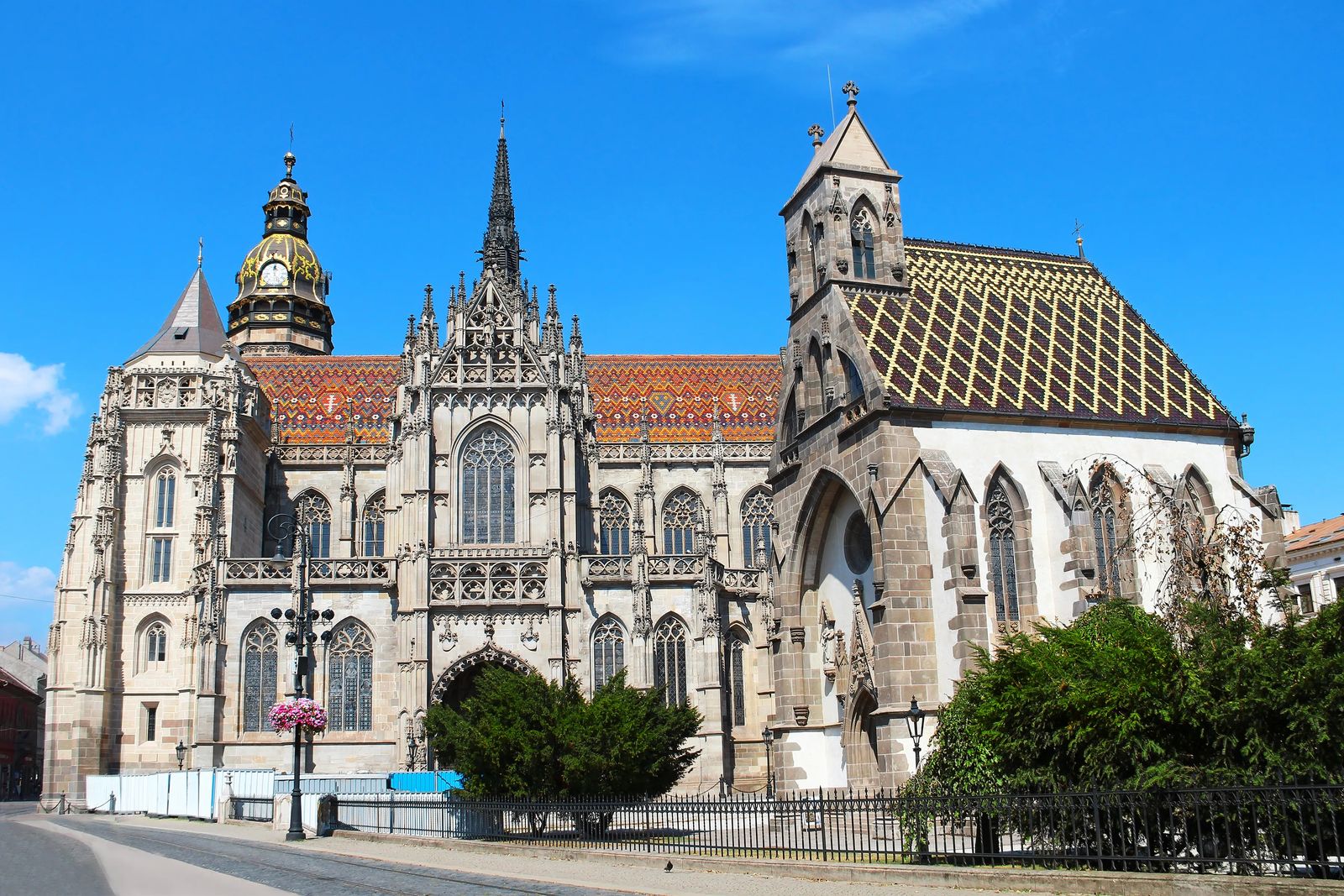
Customs and Traditions of Slovakia
Me: Are there customs associated with marriages you would like to share?
Alexandra: They usually break a plate at the wedding, the pieces of the plate are brought to the couple and kept for good luck. The bride and groom feed each other. There is one dance, you have to dance in a circle. You give the couple money while dancing in the circle and then they give you candy in return. At midnight the bride will change into traditional clothes, covers her head at midnight because at midnight she is a married woman and will go on her honeymoon that night or the next day.
Me: Where is the classic place that people get married here?
Alexandra: A church or a state hall.
Me: What are common stereotypes that are encountered in Slovakia?
Alexandra: They think that Americans are stupid because they see the game shows they are playing on the television. Like one question they asked, "What is the capital of France" and they say, 'Oh I thought France was the capital of Europe'. Tom Hanks was interviewed by someone from Slovakia, and the interviewer said, "Well your fans in Slovakia love you." He then responded, "Well that's wonderful, whatever Slovakia is." It was really sad and embarrassing that this major actor did not even know that we were an actual country. I wish people would know that we are an actual country with many wonderful things to do and see here.
Me: How are refugee's viewed here and why?
Alexandra: Slovakia is not accepting many refugees right now. It is difficult because they don't want to stay in Slovakia, they want to go to Germany or Norway.
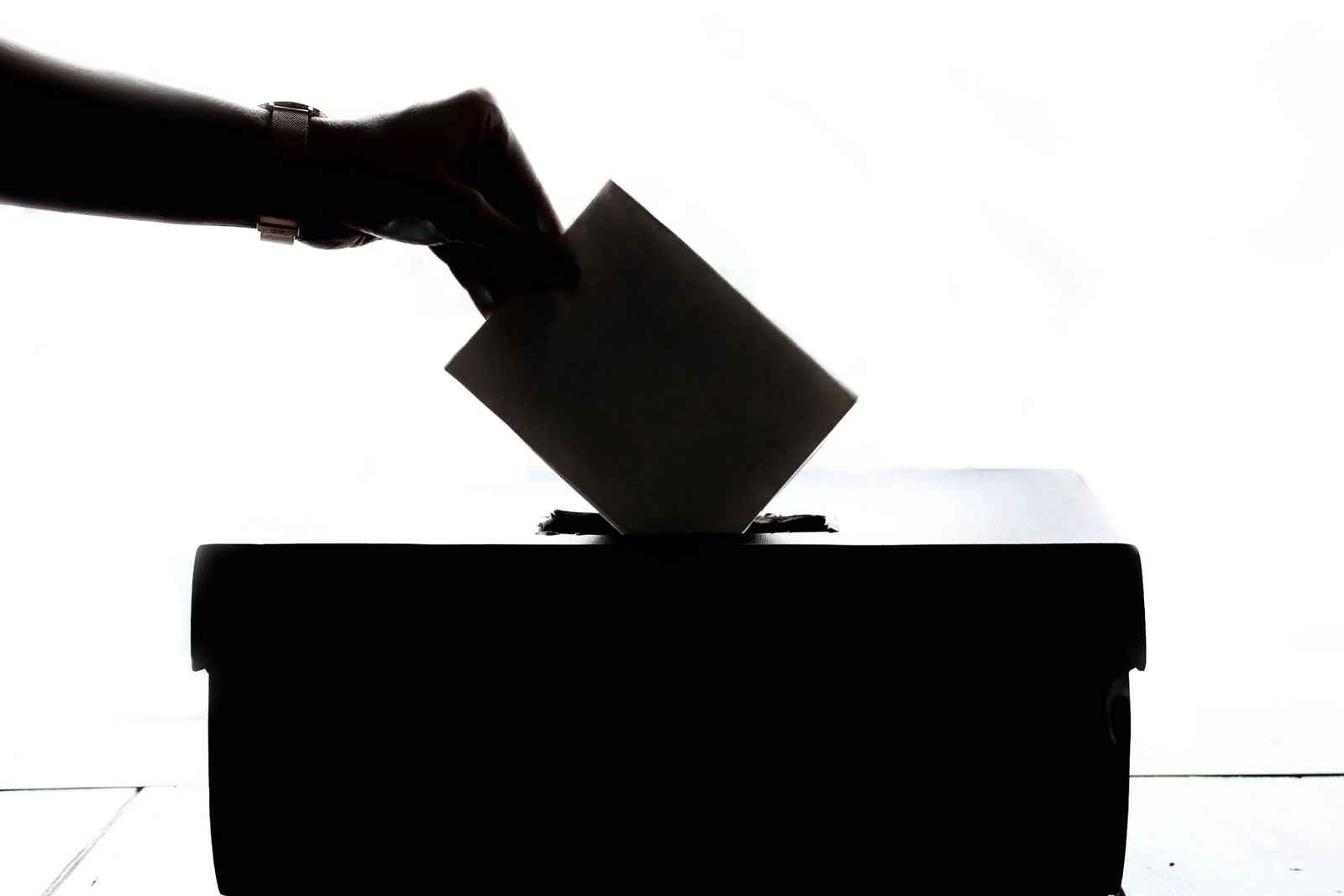
Politics in Slovakia
Me: What are the two major political parties, and conversations going on right now?
Alexandra: There is the left side, and the right side and then the mixed coalition. Then you have the Hungarian party which represents the minorities, and the nationalistic party which is just a strange combination of people.
Me: Can people vote?
Alexandra: Everyone can vote in Slovakia.
Me: Are the citizens allowed to do demonstrations?
Alexandra: Yes, but you have to tell someone in charge that you are doing it first.
Me: Is it dangerous for tourists to be a part of these demonstrations?
Alexandra: Please do not participate.
Me: What is the police and military system like here? Do you have confidence that they would protect its citizens in the event of a terrorist attack?
Alexandra: We don't have a lot of soldiers, there are quite a lot of soldiers in Kosovo though. Did you know that the car that collects the landmines was actually designed in Slovakia because of all the wars that use to be here? (I did not know that) The police here are just state police, they take care of the neighborhood if it's too noisy and things like that. There are the special police for more serious things, and then the traffic police as well.
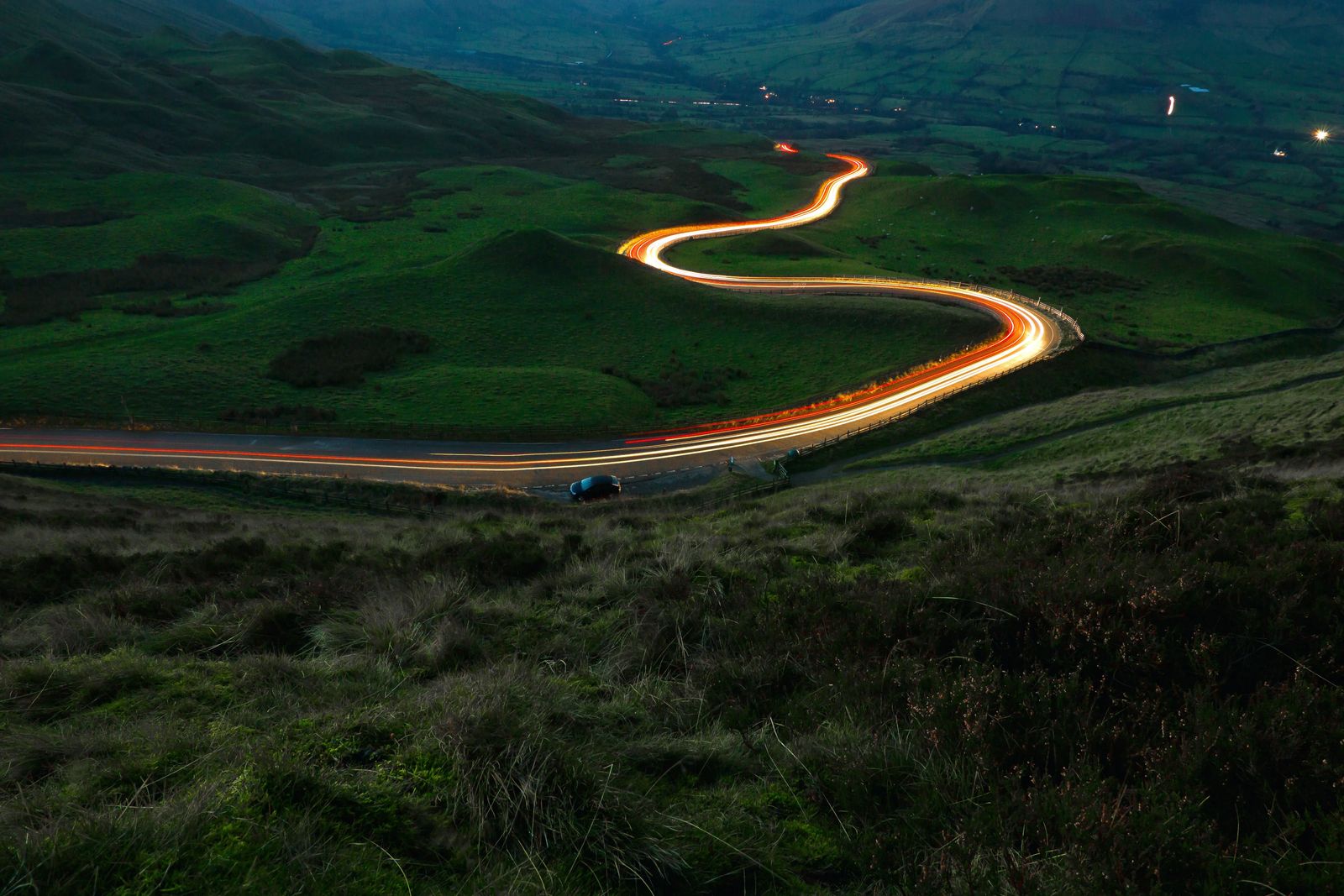
The Intricate Details of Slovakia
Me: If I were to move to Slovakia, how would you suggest I assimilate into this culture? Are there Facebook/Instagram groups that I could use to integrate myself?
Alexandra: Younger people speak English here very well, look at us, we met each other at a train station. I would say that if you move to Slovakia, you should go to a pub, or sports event, even if you don't like sports at least you can have good beer.
Me: Tell me about the history you know of Slovakia.
Alexandra: 1993 was an independent state before that it was part of Czechoslovakia then it split.
Me: Is there a class system?
Alexandra: Yes, there are the very rich people, you can tell by their houses. There is a large gap between the poor and the rich and not many people who are in-between.
Me: Are people, in general, well educated? Can most people read?
Alexandra: Yes, and yes
Me: What type of calendar system do you use?
Alexandra: A regular calendar
Me: Do you have daylight savings or something similar?
Alexandra: Yes and I hate it.
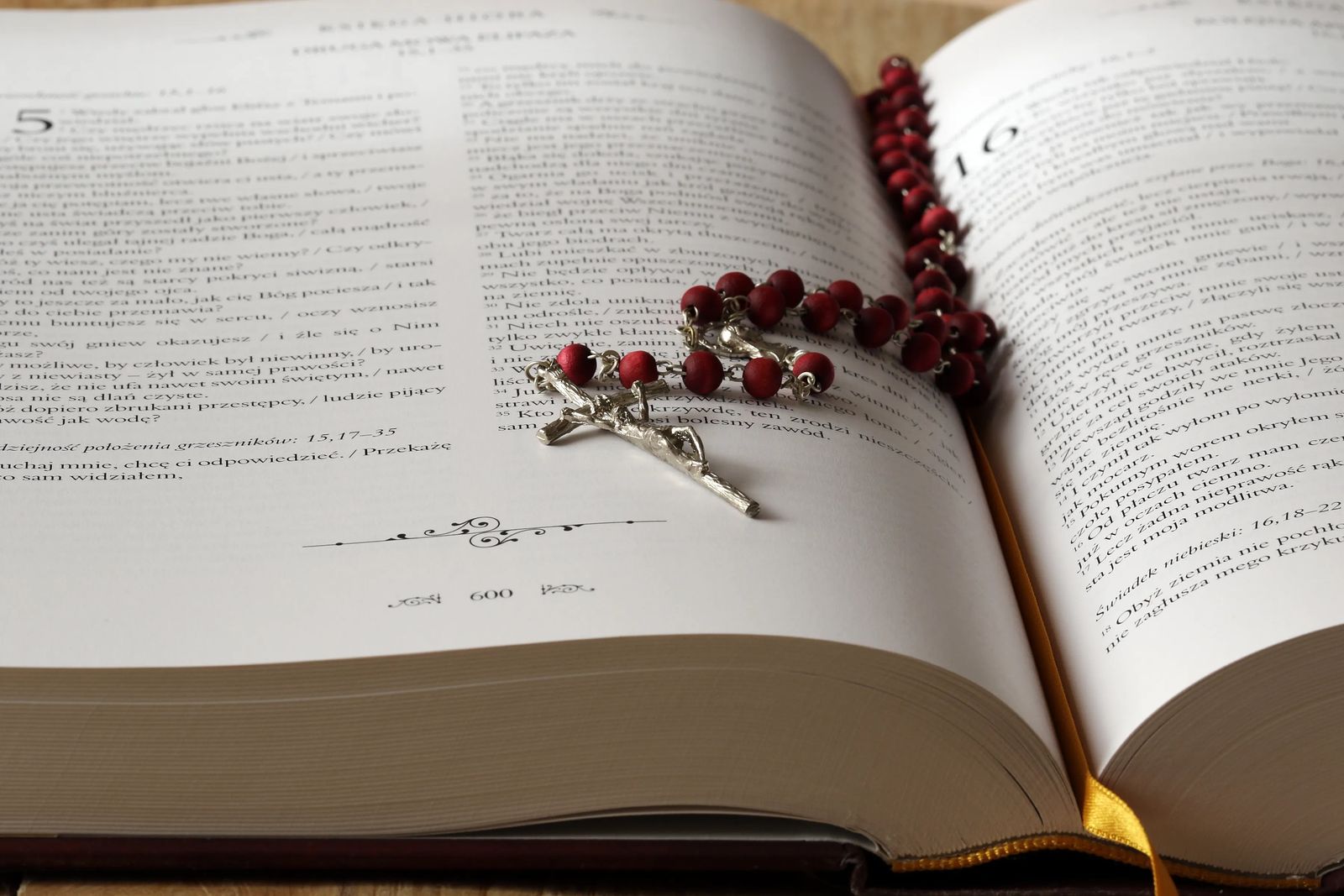
Religion on Slovakia
Me: What are the major religions in Slovakia?
Alexandra: Catholic, Protestant, Lutheran, Orthodox Christian Russian, there are not many Jewish people left in Slovakia.
Me: Are people generally open to talking about religion or do they not want to hear anything about it?
Alexandra: There are a lot of religious people, but every year the country is becoming more Atheist.
The Takeaway Message
Me: What are the biggest misconceptions that people have about Slovakia?
Alexandra: The Hostel movie put a very bad view onto Slovakia. So people don't have a very good view of it now, but really it had nothing to do with us.
Me: What do you want people to know about Slovakia?
Alexandra: People don't know that it exists & so it would be nice for them to know we exist. There is a lot to see and do. The country is not just politicians that represent the country, it is much much more than that.
Thank you, Alexandra, for your time and efforts in answering my questions, for your help on the train. I hope you enjoyed this interview and found it as fascinating as I did.
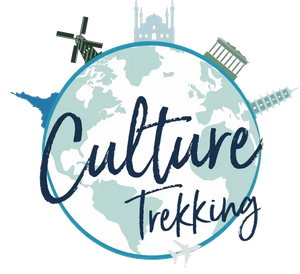
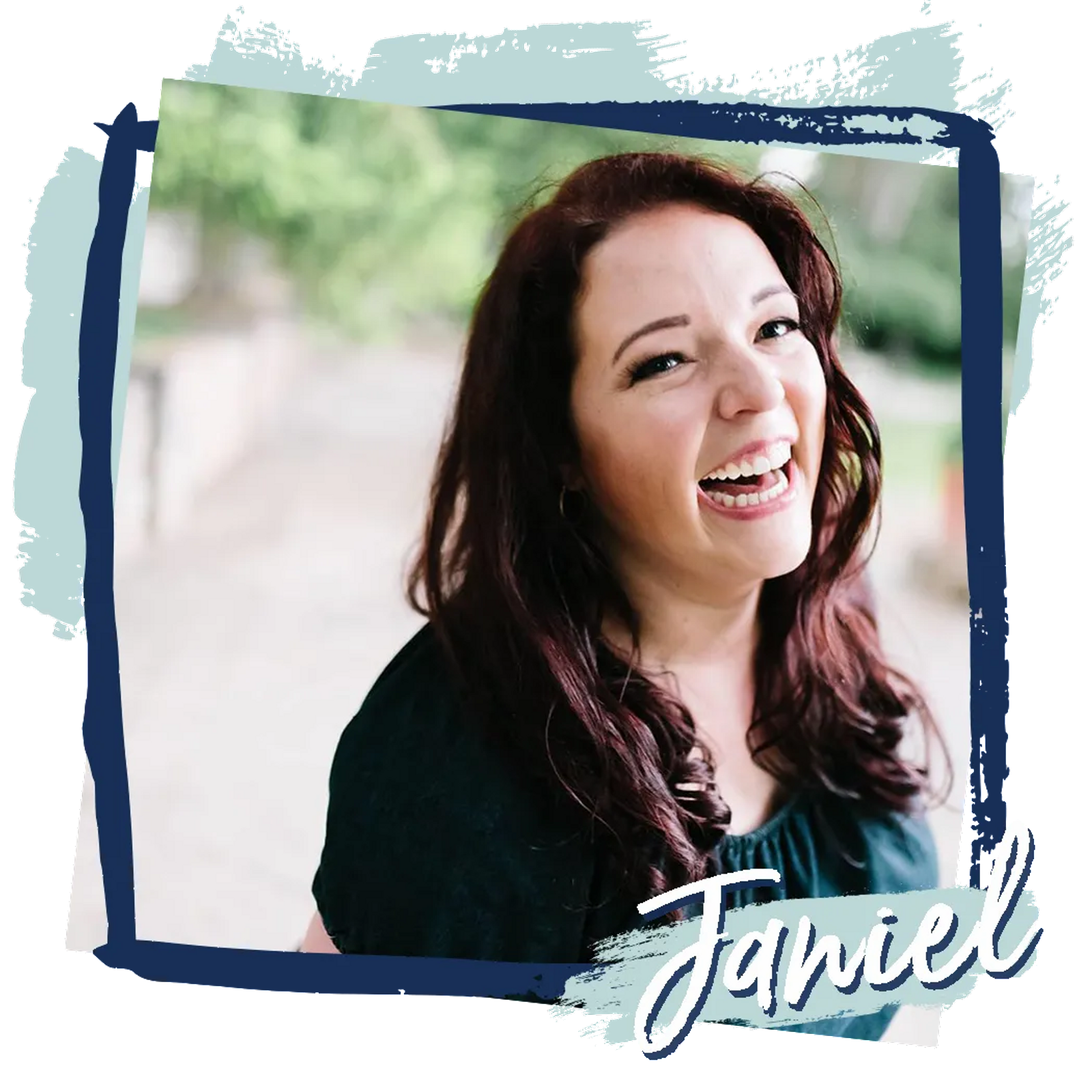
Welcome to Culture Trekking!
My name is Janiel, a leader in the travel industry with over 20+ years of experience with international travel. I specialize in solo female travel, cultural connections, sustainable adventures, food and history to help make your travel experiences fun, meaningful, and delicious. My experience in travel, and my personal story have allowed me to get published in Fodor's Travel, Atlas Obscura, Metro.co.uk, Trip Advisor, and multiple Podcast interviews. You can find me on pretty much every social media channel YouTube, Instagram, Twitter, Facebook, Pinterest, TikTok. To read more about me and my story click here. If you are a brand and would like to work with me, click here.
